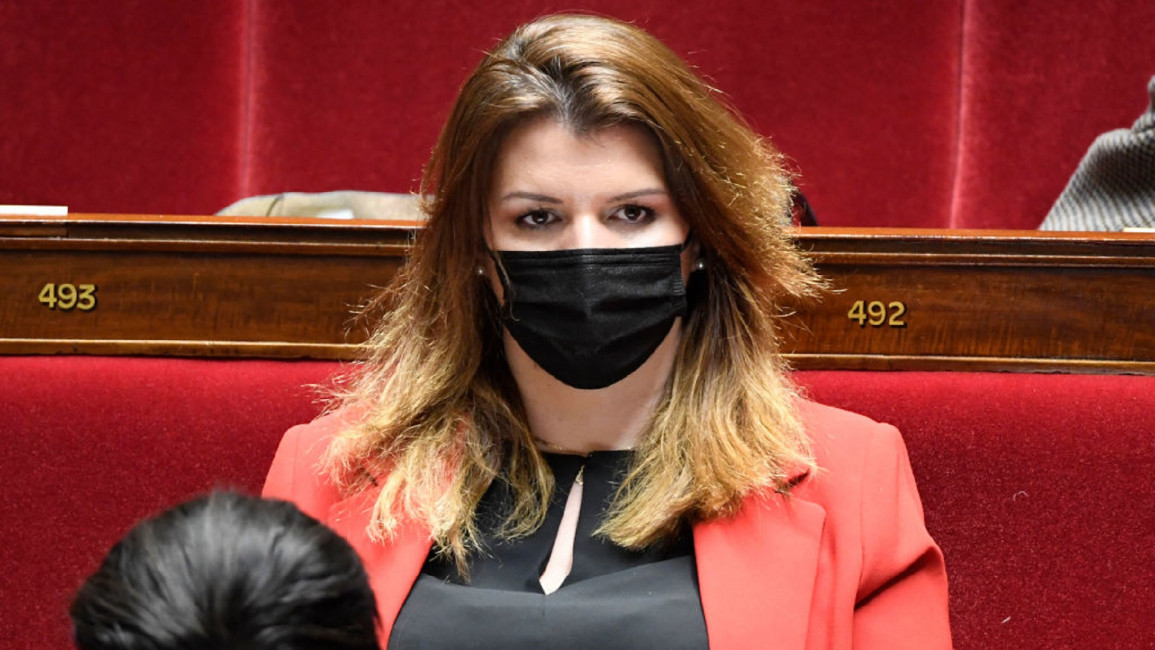France to hold 'national consultation' to define secularism after accusations of Islamophobia
Minister Delegate in Charge of Citizenship Marlene Schiappa announced on Sunday a national consultation to define French "secularism", after months of controversy.
Schiappa told French weekly newspaper Journal du Dimanche that she will launch it on Tuesday with a "conference between high levels intellectuals of all sensibilities".
Names will include academic Barbara Cassin, philosophers Henri Peña-Ruiz and Gaspard Koenig, as well as writer Caroline Fourest, who is famous for her anti-Islam stands.
The minister announced round table talks and working groups on freedom of expression and civic integration, as well as talks with organisations specialised in racism and anti-Semitism.
The "general states", the name of the conference, are meant "to be an opportunity to come together around French secularism", Schiappa told Journal du Dimanche.
"It's a subject of passion. The idea is to say: let's talk about it together and listen to each other… We want to get out of the stranglehold between the far-right Identitarians on the one hand and on the other the Indigenists [members of an anti-racism and anti-colonialist party] and Europe Ecology - the Greens."
"I hope for a respectful debate from which something positive will emerge, and not a new law reducing individual freedoms, as we raise every time we talk about secularism!" MP Sonia Krimi told French media La Croix.
Twitter Post
|
Caroline Fourest applauded the decision, telling France Info that the youth was "worked on since 2004 by fundamentalist networks who explained to them that in fact, secularism was Islamophobic".
She hopes it will be "a framework which protects gender equality, which protects citizenship, that is to say what brings us together".
This decision comes after the State decided to end the Observatory of Secularism, a consultative commission responsible for advising and assisting the government on anything related to the respect and promotion of secularism on 31 March.
Instead, Schiappa talked about "the creation of a high council for secularism to enlighten the government" in the frame of the "anti-separatism" bill.
This would aim at strengthening oversight of mosques, schools and sports clubs to ensure "respect for French values". The bill, as voted in the Senate on 12 April, includes preventing mothers from wearing the veil during school outings.
Secularism in France is expressed under the term "laïcité", which means that religious involvement shouldn't prevail in governmental and public affairs. It is based on a law from 1905 separating church and state.
Tensions have risen about what secularism means, especially when it comes to the practice and perception of Islam in France.



